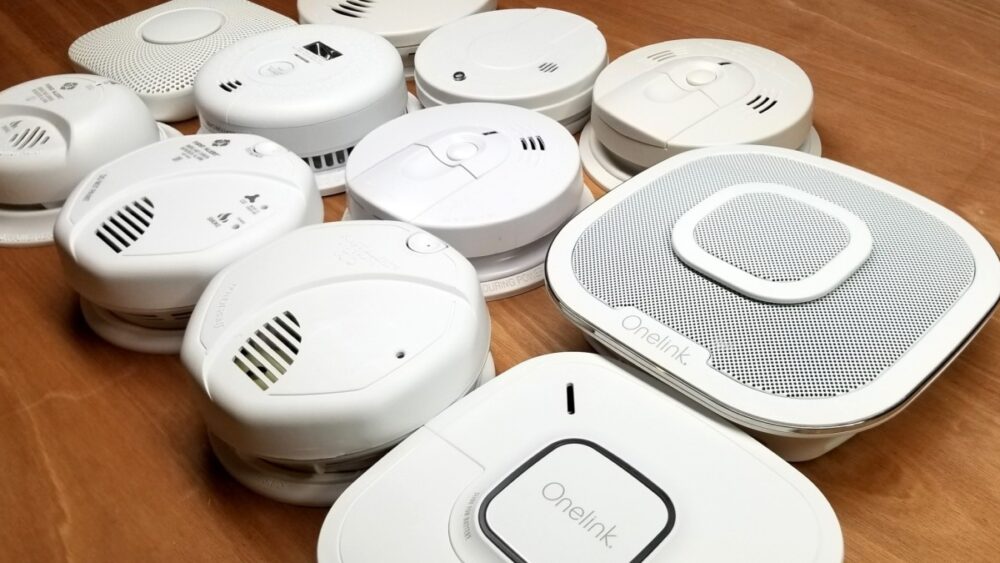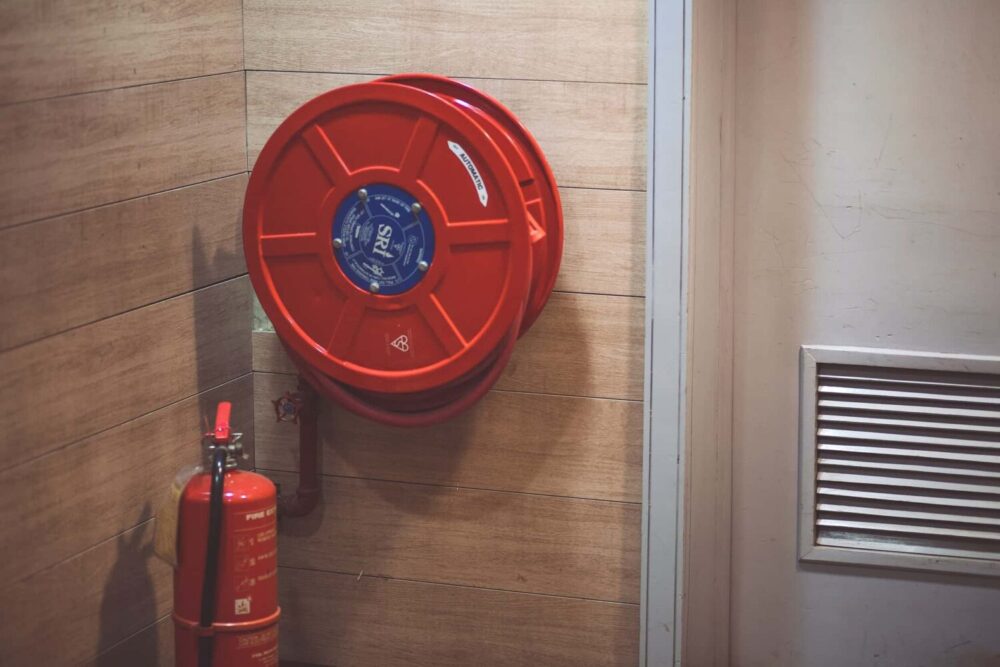Fire detection systems are vital in safeguarding lives, preserving property, and ensuring safety in residential, commercial, and industrial settings. Their importance cannot be overstated, as they provide the first line of defense against the devastating impact of fires. This blog post aims to arm you with critical insights and practical tips for selecting the most reliable fire detection systems. Let’s dive into the world of fire safety, equipped with knowledge to make informed decisions that protect what matters most.
Understand Your Needs
The first step in choosing a fire detection system is a thorough assessment of your specific requirements. This evaluation should consider the size and layout of the building, the typical occupancy, and the inherent fire risks associated with your property. For instance, a manufacturing plant with flammable materials needs a different approach compared to a small office building. Understanding the unique characteristics of your facility is crucial in determining the type of fire detection system that will provide the most effective protection. Tailoring the system to your specific needs ensures enhanced safety and efficiency.
1. Evaluate Detection Technologies

The realm of fire detection technologies offers several options, each with its strengths and weaknesses. Ionization detectors are adept at catching fires with small particles, such as those from fast-flaming fires, while photoelectric detectors excel in detecting smoldering fires that produce larger smoke particles. Heat detectors, on the other hand, trigger alarms based on temperature changes and are less prone to false alarms caused by dust or steam. Exploring these technologies helps in selecting a system that best matches the fire risks identified in your assessment, ensuring a robust response to any fire scenario.
2. Consider Environmental Factors
Environmental conditions play a significant role in the performance of fire detection systems. Extreme temperatures, high humidity, and dust levels can affect the accuracy and reliability of detectors. For example, in environments with high dust or steam, photoelectric smoke detectors may be preferable to ionization detectors to reduce false alarms. It’s vital to choose a system that can operate effectively within the specific environmental conditions of your property to ensure continuous protection against fire hazards.
3. Compliance with Regulations
Ensuring compliance with local and national fire safety regulations and standards, such as those set by the National Fire Protection Association (NFPA), is non-negotiable. These regulations are designed to maintain a high level of safety and are based on extensive research and field experience. Compliance not only ensures legal adherence but also guarantees that your fire detection system meets established safety criteria, offering peace of mind that your property and occupants are well-protected.
4. Scalability and Expandability

Source: businessinsider.com
Future-proofing your fire detection system is essential. Opt for a system that can be scaled or expanded easily to accommodate growth or changes in your building’s layout without significant overhauls. Scalable systems offer flexibility, allowing you to adapt to evolving needs, whether it’s adding more sensors due to a facility expansion or upgrading technology to enhance protection. This foresight in choosing a scalable system ensures long-term reliability and cost-effectiveness.
5. Integration with Other Systems
A fire detection system that integrates seamlessly with other building systems, such as HVAC, security, and emergency lighting, enhances overall safety and efficiency. Integrated systems can automate responses, such as shutting down air handling units to prevent smoke spread or unlocking doors for evacuation. This holistic approach to building safety can significantly improve response times and outcomes in the event of a fire, showcasing the importance of considering integration capabilities when selecting your fire detection system.
6. Reliability and False Alarm Rates
Investigating the reliability and false alarm rates of potential fire detection systems is critical. A system with a high rate of false alarms can lead to complacency and undermine trust in emergency protocols, while a reliable system accurately detects genuine threats, ensuring prompt response. Researching and selecting systems with proven track records for accuracy not only enhances safety but also minimizes disruptions caused by false alarms, striking a balance between vigilance and convenience.
7. Maintenance Requirements

Regular maintenance is crucial for the ongoing reliability of fire detection systems. Evaluate the maintenance needs, including routine testing, inspection, and servicing requirements of different systems before making a selection. Systems that are easier to maintain and require less frequent servicing can offer long-term savings and less downtime. Understanding the maintenance requirements upfront can help in choosing a system that aligns with your capacity to manage these needs effectively.
8. Supplier Reputation and Support
The reputation and support offered by the supplier of your fire detection system are as important as the system itself. Choose a supplier known for reliability, quality, and strong after-sales support. Availability of technical support, training, and maintenance services are critical factors to consider. A reputable supplier not only provides a high-quality system but also ensures that you have the necessary support to maintain optimal performance over the system’s lifespan.
9. Cost Considerations
While cost is a crucial consideration, it’s important to balance the initial investment against long-term maintenance and operational expenses. Additionally, consider the potential savings associated with early fire detection and prevention, such as reduced damage and insurance premiums. A more expensive system may offer better reliability and lower maintenance costs, providing greater value over its lifetime. Analyzing total cost of ownership rather than just upfront costs can guide you to a financially prudent decision.
10. Customization and Flexibility
Finally, look for a fire detection system that offers customization and flexibility to meet your unique needs. Systems that allow for remote monitoring, mobile alerts, and customizable alarm settings can provide enhanced protection and convenience. The ability to tailor the system to your specific requirements ensures that you have a fire detection solution that not only protects effectively but also fits seamlessly with your operational protocols.
In conclusion, selecting the right fire detection system is a complex but crucial process. By considering these 10 tips, you can navigate the myriad options available to find a system that provides reliable protection tailored to your unique needs. Remember, the right system is one that not only meets current safety standards but also aligns with your property’s specific requirements, ensuring peace of mind and safeguarding your most valuable assets against the threat of fire.


















